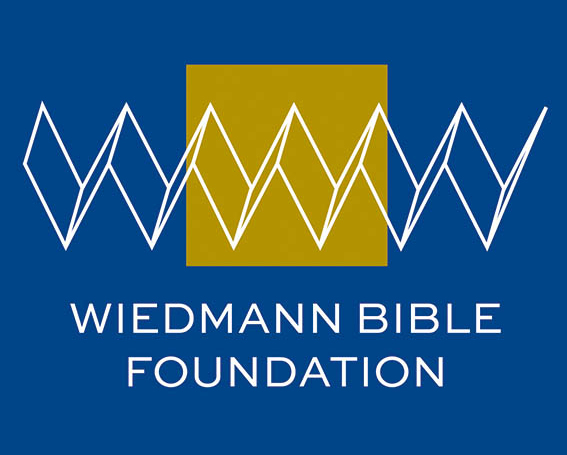Even to the present day the author is not known exactly as some of the content is in contradiction with the opinions of Jeremiah. Admiration for King Zidhijas (Lm 4,20). Help from Egypt (Lm 5, 6). Denial of prophets (Lm 2,9), also the literacy of the structure.
The gripping 5 chapters are laments filled with pain. The ‘woe’ of the downfall of a people, Jerusalem, the place where God lived. The daughter of Zion has become a refuse tip filled with horror and waste (meaning of the last of the last). The people whose women eat the fruit of their womb out of necessity, children starve, die of thirst. Priests and prophets are strangled.
Eastern burial rites appear in these lamentations, wailing women tear their clothes, pull out their hair, cover themselves with ashes and dust.
“The Lord is good to those who hope in him,
to souls who seek for him. It is good
to wait silently for the help of the Lord….
to die without shouting!”
Commentary
I have put the Lamentations at the end of the Jeremiah series because it is customary to attribute them to the prophet. During the annual fast in remembrance of the destruction of Jerusalem it is customary in liturgy to read one of five scrolls namely: Ruth, the Song of Solomon, Ecclesiastes, Esther and the Lamentations (separated from Jeremiah as a result). However there is no good reason not to leave them next to Jeremiah.










